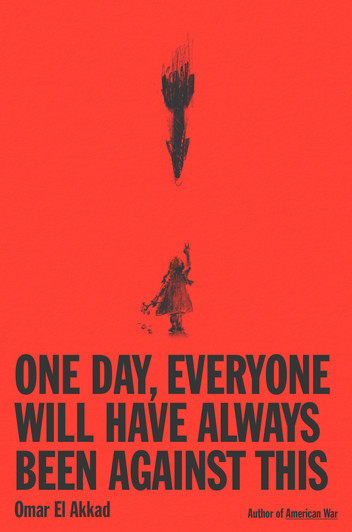Whatever late capitalism is, it seems to be careening into this embrace of growth by negation. Through that prism, it’s hard not to see the advances in something like artificial intelligence less driven by technological breakthroughs as by a society that has, over years, over decades, become normalized to a greater and greater magnitude of both loneliness and theft, such that a sputtering algorithm badly trained on the stolen work of real human beings might be celebrated with a straight face as something approximating humanness. Under this ordering, it is not some corporation’s increasing capacity for better that drives the extractive world, but everyone else’s increasing tolerance for worse. Unconfronted, this kind of negation will not remain confined to widgets or labor or even the economic world. When the bigger wildfires come—as they already have—the industries whose callous disregard helped bring this about will depend on our ever-growing tolerance for calamity. When climate change upends the lives of billions, our governments will depend on our ever-growing tolerance for violence against the hordes of nameless others to enact its cruelest, most violent fortressing. In time, negation becomes all there is. To walk away from this system is to speak the only language the system will ever understand. Otherwise, there will be nothing left under this way of living. In the end we will be asked to normalize not just unlimited extraction and unlimited suffering but total absence, a hollow that will look an awful lot like the one we were asked to overlay onto the minimum-wage workers and the climate refugees and the victims of endless colonial wars and, yes, even those dead Palestinian children who, had they been allowed to live, might have done something terrible.
— One Day, Everyone Will Have Always Been Against This by Omar El Akkad (duplicate)

